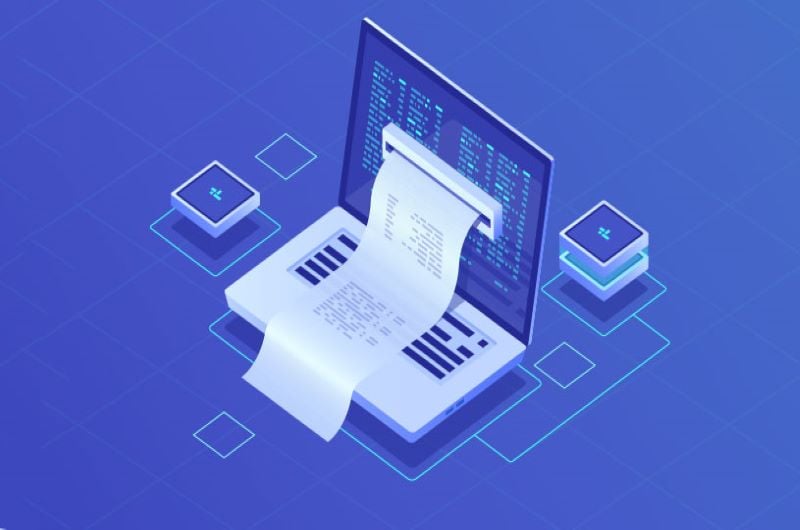HMRC’s Octagon Green investigation: One key takeaway
It’s one thing for a company to face an HMRC investigation for tax evasion – and another to face such an...
READ MORE
We asked tax advisers and tech houses about the lessons learnt by businesses that went through the first run of Making Tax Digital for VAT.

The first stagger group of businesses mandated into Making Tax Digital filed their returns under the new system in the period ended 7 August 2019. So what lessons can be taken from the initial foray? Don’t panic!
The indications are that HMRC can be justly pleased with the start of the MTD journey. A significant number of businesses had signed up for the pilot by 31 March, and the first of the mandated population largely met their new responsibilities by the due date for the June return.
There were some complications, for which HMRC took steps to mitigate. And there are some clear practical suggestions, which can be taken up by those still to come. One of the issues is the timing of the sign-up for the MTD service. If a business signs up too close to the due date for the return, this can upset any direct debit instruction in place.
The time taken for the direct debit instruction to be passed between the old VAT computer system and the new system operating MTD means that some businesses filing returns during the pilot found that the direct debit did not work at the point that it should have.
Fortunately, HMRC took steps to prevent this by inhibiting MTD sign-up when the date was too close and indicating to businesses in this position that they would not be able to file under MTD for the first period. Remember this as the remaining population come under mandation.
HMRC’s telephone lines did struggle at some points during the lead-up to the first filing date. Many of the calls were from businesses inquiring what MTD was and what they needed to do.
As a result, HMRC put together an information pack that could be emailed to businesses, which allowed the phone response times to improve. The main reaction from practitioners I have spoken to was that it was a reasonably successful launch, but that certain agent aspects did not work as smoothly as had been hoped.
Certainly, my software did not quite behave in the way I had expected, but once I had understood the process, things were fairly straightforward. Above all – don’t panic! HMRC is remaining true to the promise of a “soft landing” on penalties.
Rebecca Benneyworth is a chartered accountant and tax consultant.
Communication needs to improve
Initial communication from HMRC was fairly poor. Guided videos were eventually produced to help businesses and their agents, but they were long overdue.
It wasn’t clear that businesses had to actually register for MTD. We found that businesses couldn’t complete all the questions without our help, and we as agents couldn’t complete all the questions without their help.
Once registered, our clients’ software should be connected to HMRC for an 18-month period.
This doesn’t appear to work for most clients, who are having to reconnect each time. When we’re submitting VAT returns, some are failing and we have no idea why – is it HMRC, the software or something else? It’s a guessing game, so an error message of some sort would be helpful. MTD has certainly affected our profitability this year.
While we charge for software set-up and training, there’s been a great deal of hand-holding and support given to clients. Better communication from HMRC up front would, in turn, have enabled us to communicate with our clients more efficiently and cost-effectively. We can’t wait for the VAT domestic reverse charge!
Mandy Mitten is managing director of Stoke-on-Trent firm Mitten Clarke.
Get yourselves ready
At FreeAgent, we went to great lengths to ensure our software would be ready for the April deadline, and have seen many thousands of successful MTD submissions since that time. We worked hard to minimise the disruption, so our customers didn’t have to do anything extra to meet their MTD obligations once they had registered with HMRC.
There has been a lot of information available on MTD for VAT this past year. Unfortunately, many businesses – and even some accountants – have left action to the last minute and are struggling. HMRC has recently announced an even softer landing for tardy businesses – there will be no penalty applied for missing the first MTD filing if they file on time using the old online VAT portal.
Most accountants have worked hard to make sure their clients and their systems are up to speed. For those already using digital tools, this has been straightforward, but those late to digitisation have had to work harder. A significant minority are continuing to put off the inevitable – so we expect to see interest from accountants continue to rise as the penalties for non-compliance become stiffer.
Ed Molyneux is CEO and co-founder of FreeAgent.
Adaptable accountants
In the early days, communication from HMRC was limited, leaving accountants and their clients feeling apprehensive.
However, HMRC listened to feedback from software developers and professional bodies, which resulted in more guidance and support being offered to accountancy professionals. When the system went live, there was initial confusion related to the MTD agent account set-up, but once over this hurdle, the process has proven to be straightforward.
Practices are still encouraging clients to adopt digital bookkeeping, and for many, this lack of enthusiasm – or sheer refusal – is driving the profession to restructure services to accommodate the different levels of requirements from their clients.
Accountants are adaptable, and they are open to finding ways to free up time for their practice. The move has been a springboard for many to start transforming their practices into businesses that are more digitally enabled and client-centric.
Nick Gregory is chief marketing officer of IRIS Software Group.